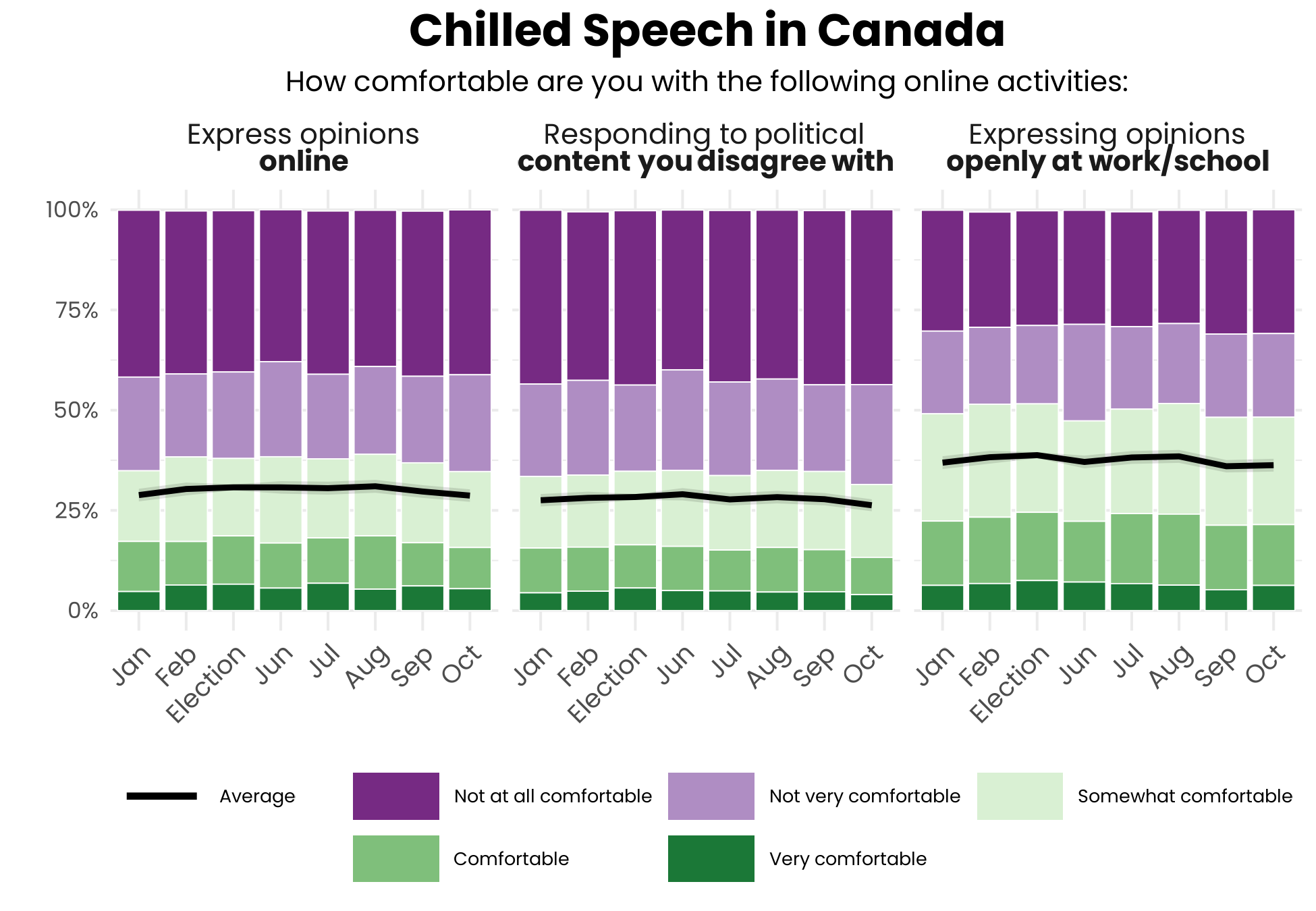
Canadian Digital Media Research Network
A pioneering initiative committed to fortifying and fostering resilience within Canada's unique information ecosystem.

2025 Federal Election
In March 2025, the Canadian Digital Media Research Network, led by the Media Ecosystem Observatory, led a national monitoring effort to track information incidents during the election. While the outcome of the election were not compromised, Canada’s democratic resilience is weakening under pressure from manipulation, polarization, and declining platform transparency and accountability.
Our final election report, “The Canadian Information Ecosystem During the 2025 Federal Election,” reveals an environment increasingly shaped by influencers, AI-generated content and misinformation, and deepening partisan echo chambers.

Digital Threat Tipline
See something online? Say something!
The Digital Threat Tipline is an easy-to-use platform where anyone can report misleading information or media content that could negatively impact democracy in Canada. If you’ve encountered fake news, manipulated stories, misleading images or videos, or other suspicious content that seems designed to deceive or manipulate public opinion, please report it to us! All tips will be reviewed but due to volume we will not be replying to each individual tip.
Check our english and french tipline below!
Information Incidents
Catch unfolding incidents that have the potential to mislead the public and disrupt democracy itself, by analyzing their impact on the Canadian information ecosystem.
Situation Reports
Each month, we report on the state of the information ecosystem in the previous month as it relates to politics, media, and the broader state of democracy.
Publications
CDMRN members regularly publish leading work on the Canadian and international information environments.




















